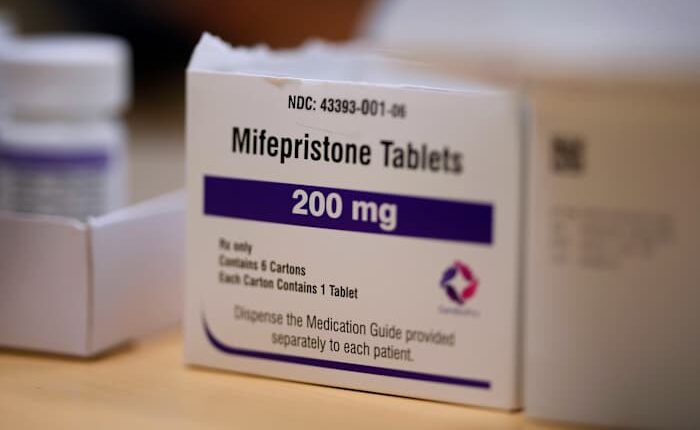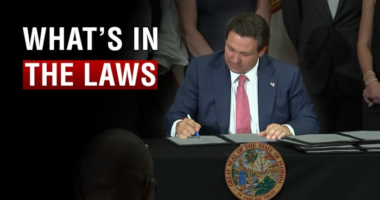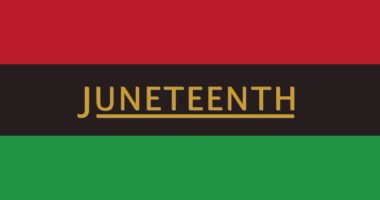
In Baton Rouge, Louisiana, lawmakers passed a new measure targeting out-of-state doctors and activists involved in providing pregnancy-ending drugs to residents. Louisiana is a state with strict abortion laws, allowing abortions only in limited circumstances. The approved measure aims to expand the ability to sue individuals involved in illegal abortions. It includes out-of-state parties who participate in actions like prescribing, selling, or facilitating the distribution of pregnancy-ending drugs to Louisiana residents.
Under current Louisiana law, women can already take legal action against doctors who perform abortions on them within the state. However, the new bill broadens the scope of who can be sued to encompass individuals outside the state. This extension covers scenarios where out-of-state actors are involved in providing illegal abortion services, such as through online prescriptions or coordinating the sale of abortion pills to individuals in Louisiana.
The legislation, which further restricts access to abortion pills, now heads to the desk of conservative Republican Gov. Jeff Landry.
The initiative for this bill stemmed from a specific case involving a New York doctor who allegedly provided abortion pills to a pregnant minor in Louisiana via online means. Louisiana’s Attorney General, Liz Murrill, emphasized that this measure serves as an additional legal recourse to deter and hold accountable out-of-state medical practitioners who seek to violate Louisiana’s abortion laws.
The case is at the center of an unfolding battle between liberal and conservative states over abortion medications and prescribing such drugs across state lines. Idaho, Oklahoma and Texas already have adopted similar provisions.
State Sen. Rick Edmonds, who presented the bill, told lawmakers the measure is “a statement” that “these pills are not welcome” in Louisiana.
Under the legislation, the mother of the fetus could sue “any person or entity” who knowingly “performs, causes, or substantially facilitates an abortion.” The bill defines “substantially facilitates” as ”administering, prescribing, dispensing, distributing, selling, or coordinating the sale for an abortion-inducing drug to a person in this state.” The measure specifies that it does not apply if such drugs are obtained for legal uses.
Abortions are legal in Louisiana only when there’s substantial risk of death or impairment to the mother if she continues the pregnancy or when the fetus has a fatal abnormality.
Women would have up to 10 years after an abortion to sue.
Health care providers licensed to practice in Louisiana and pharmacists in compliance with state pharmacy board rules are exempt.
Opponents argue the bill is unnecessary because Louisian has some of the strictest abortion laws in the U.S. They also argue that the legislation further hinders women’s health care and that heightened legal repercussions could drive doctors from the state.
Democratic state Sen. Royce Duplessis described the bill — which was significantly watered down from its original version — as the latest way conservatives are attempting to “exercise control over women’s decision making as it relates to their health care.”
“It baffles me how year after year, after these (anti-abortion) organizations have gotten everything that they wanted — they got Roe overturned, trigger laws took effect and don’t even think about getting an abortion in the state of Louisiana, but here we go again,” Duplessis said. “We have to send another message.”
Louisiana already has punishments in place for illegal abortions. Physicians convicted of the crime face up to 15 years in prison. Additionally, last year lawmakers added two abortion pills — mifepristone and misoprostol — to the state’s list of dangerous controlled substances. As a result, if someone possesses either drug without a prescription they could be sent to jail for one to five years.
But anti-abortion advocates say “loopholes” remain in Louisiana law.
Murrill pointed to the case of Margaret Carpenter, the New York doctor who was charged in Louisiana with criminal abortion by means of abortion-inducing drugs, a felony. Authorities allege that last year, the mother of a pregnant minor requested abortion medication online for her daughter. Carpenter allegedly sent the pills to Louisiana and the woman directed her pregnant daughter to take them.
“These are not doctors providing health care. They are drug dealers. They are violating our laws,” Murrill told lawmakers last month.
Despite demands from Louisiana officials, New York Gov. Kathy Hochul, a Democrat, said she will not extradite Carpenter.
The case appears to be the first of its kind since the Supreme Court overturned Roe v. Wade. It will likely test other states’ shield laws that protect doctors from prosecution in places that ban abortions.
Carpenter faces a $100,000 fine in Texas for allegedly violating state law by prescribing abortion medication to a woman via telemedicine. However, a county clerk refused to file the civil judgment, citing New York’s shield law.
Copyright 2025 The Associated Press. All rights reserved. This material may not be published, broadcast, rewritten or redistributed without permission.

















